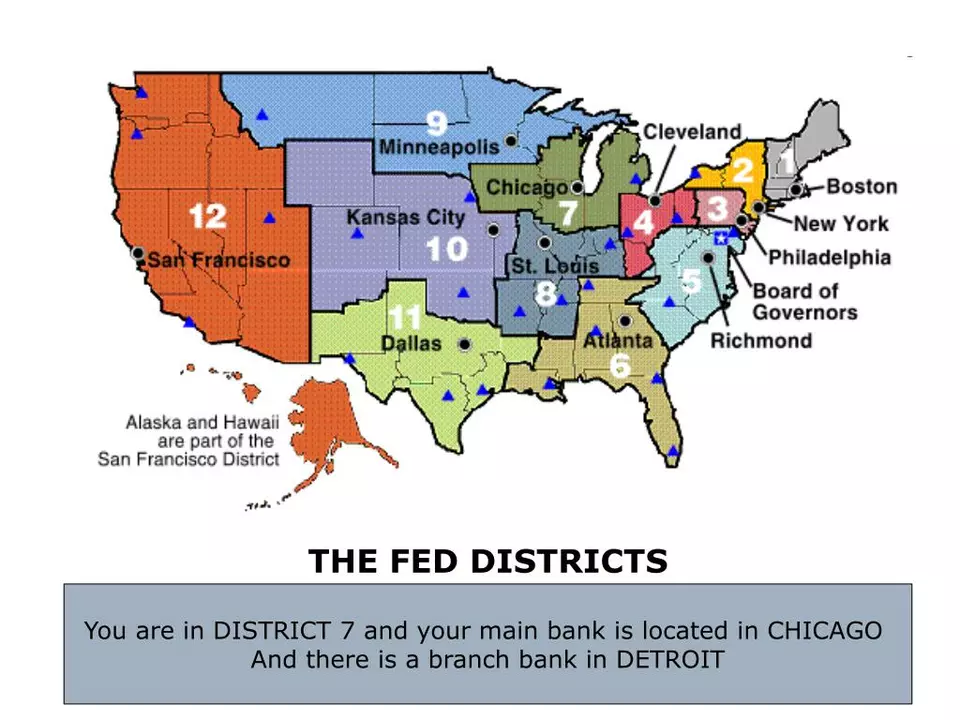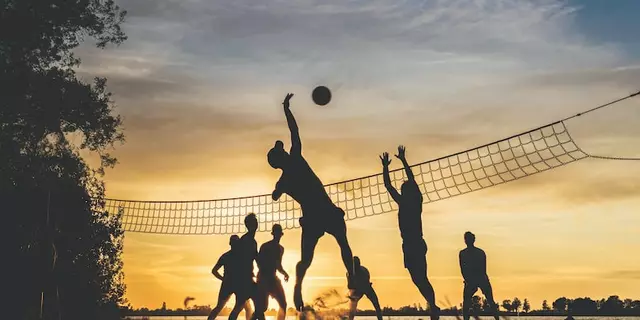Reasons
When we talk about Reasons, the underlying explanations that drive actions, outcomes, and opinions. Also known as causes, they help us untangle why a headline grabs attention or why a team wins a championship. For anyone scrolling through a mixed bag of stories, understanding the reasons behind each piece makes the reading experience more rewarding. Sports, competitive physical activities enjoyed worldwide are a perfect example—each match, record, or retirement is rooted in a set of clear reasons.
Why Events Unfold the Way They Do
Every news item in this collection starts with an event, whether it’s a sinkhole striking Bangkok or a musician hinting at a future tour. Events, happening moments that trigger public interest don’t exist in a vacuum. The reasons behind them include planning mishaps, audience demand, or even spontaneous decisions. For instance, the Bangkok sinkhole story shows how underground construction errors become the reason for a sudden safety crisis. Likewise, Liam Gallagher’s tease of a 2026 Oasis tour stems from fan nostalgia and strategic branding. These connections illustrate the triple: Reasons explain why events happen; events shape public conversation; public conversation fuels future events.
When a record is set, the story shifts from pure spectacle to the mechanics behind the achievement. The Crocs world‑record holder didn’t just collect shoes for fun; the reason was a personal challenge that morphed into a platform for foster‑care advocacy. Records, benchmark achievements that attract media focus often carry deeper motivations—charity, personal branding, or pushing limits. Understanding the why behind a record turns a quirky headline into a narrative about purpose and impact.
Career moves are another hot topic here. From Peyton Manning’s retirement plans to the pathway into the WNBA, each decision rests on a mix of personal ambition, market opportunity, and timing. Career decisions, choices that shape professional trajectories reflect why athletes pivot to broadcasting, why a player pursues open tryouts, or why a legend might explore a new sport. The reason behind Manning’s next chapter may be his love for storytelling, while a WNBA hopeful’s path is paved by skill, exposure, and league scouting trends.
Culture and perception also play a big role. South Koreans’ view of the Scottish, or South Africa’s split between cricket and rugby fandom, showcase how national identity and media narratives form the reasons behind public opinion. These cultural snapshots remind us that reasons aren’t always logical—they’re colored by history, pride, and sometimes a dash of curiosity. When a fan declares rugby hotter than cricket, the underlying reason includes past victories, iconic players, and national celebrations.
Even the structure of competitions sparks debate. The question “Is it stupid to decide a championship with one game?” hinges on fairness, excitement, and revenue considerations. The reason for preferring a series over a single match often ties back to the desire for a more accurate reflection of skill and to keep fans engaged longer. This example ties back to our central theme: reasons shape how we design games, judge outcomes, and argue for changes.
All these stories share a common thread: they’re all driven by clear reasons. By recognizing the why behind each headline, you’ll see patterns that connect sports, safety incidents, record‑breaking feats, career shifts, and cultural viewpoints. Below you’ll find a curated list of articles that unpack these reasons in detail, giving you the context you need to appreciate each story’s deeper meaning.



